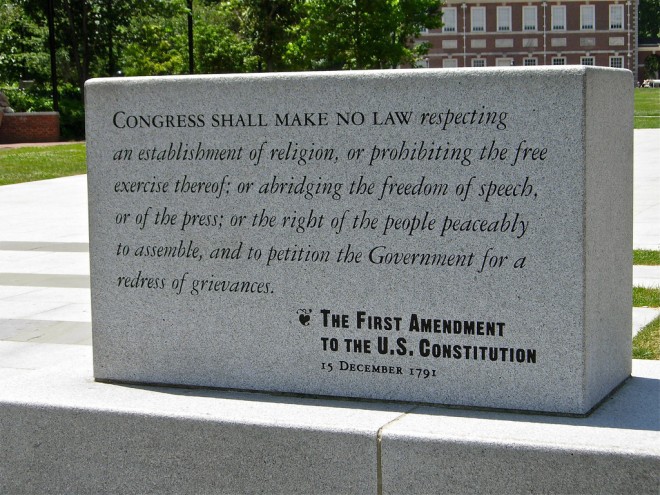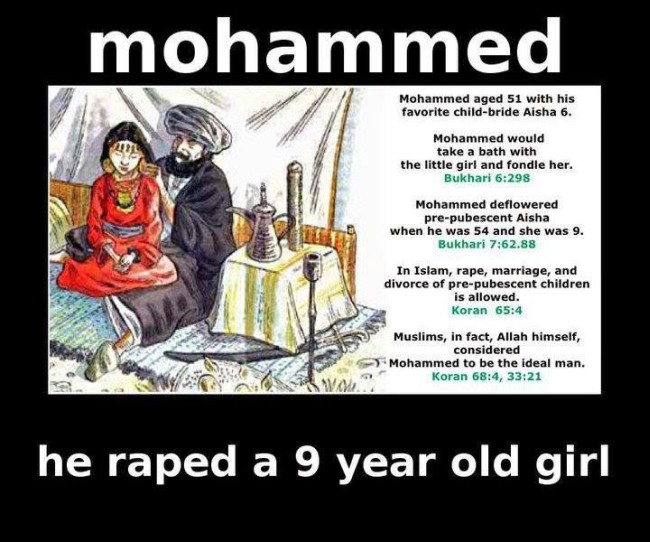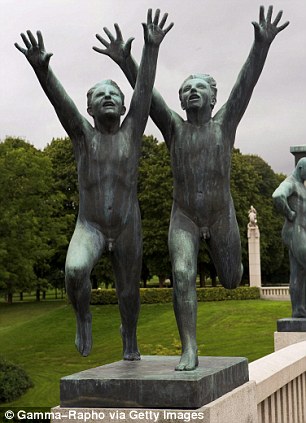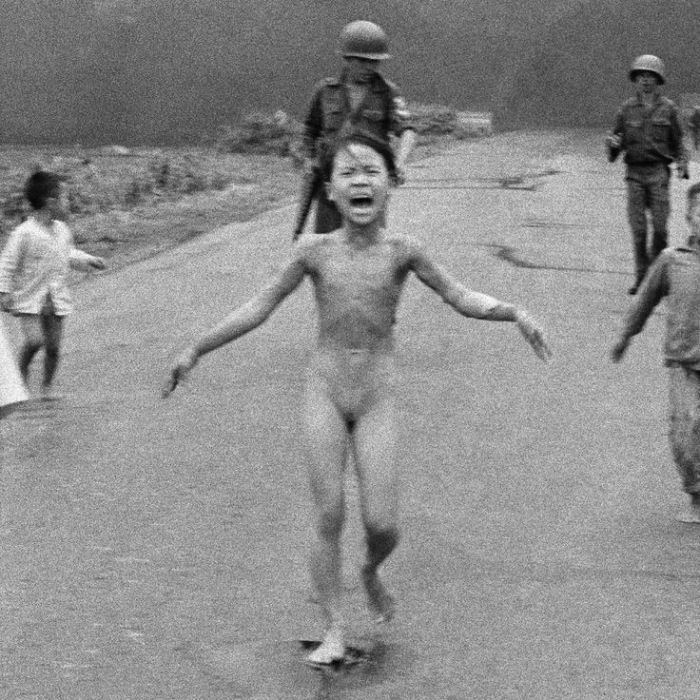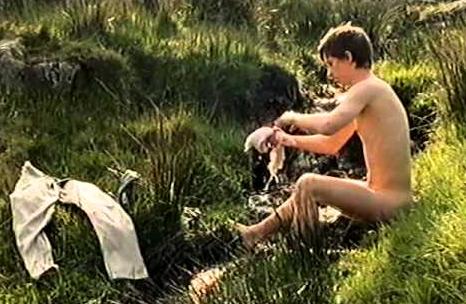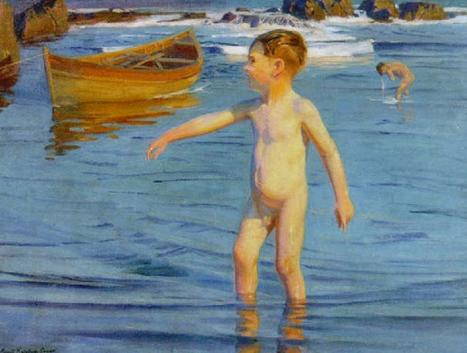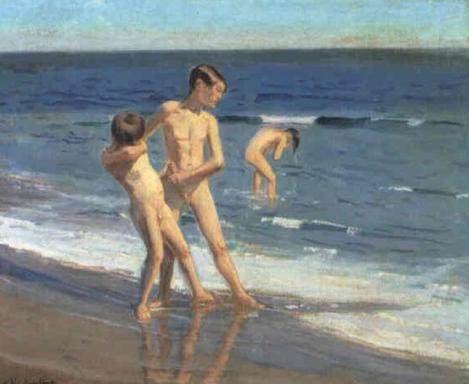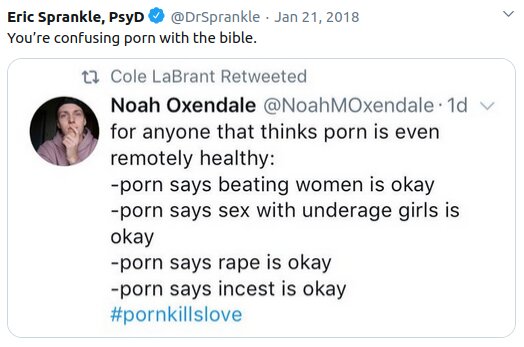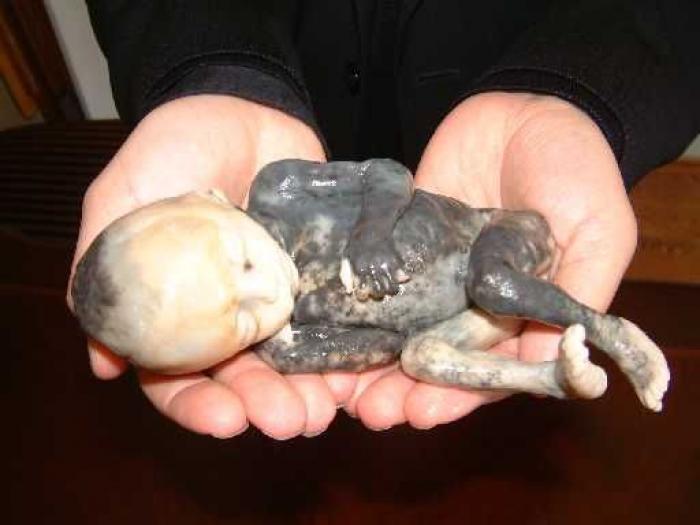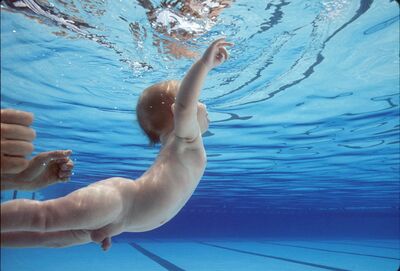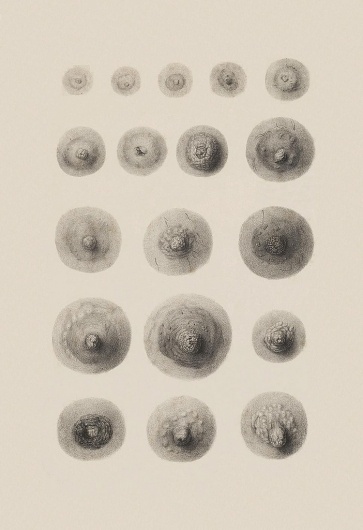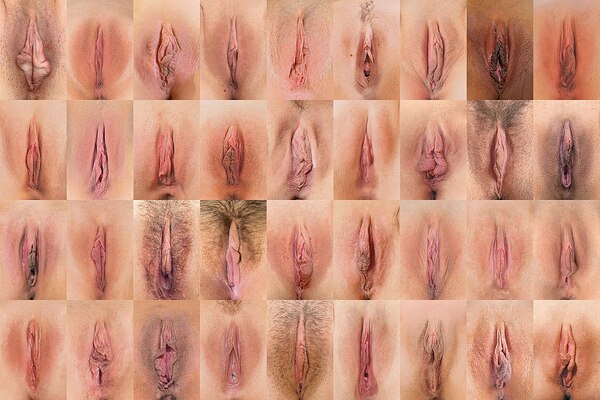

|
The issues I have are the following:
There is this unnecessary pervasive thought that if you see naked children you will
want to have sex with them.
Perhaps the people pushing for these harsh penalties are the ones
most likely to want teenage sex toys and they are trapped in religion.
Child pornography is radioactive. Photographing, videotaping, filming, depicting on computer dissemination of photographs, videotapes, computer depictions and films.
A little kid can be naked in public but not in pictures online
There are different concepts of child pornography.
It sounds like they don't even want you to think about it. What are the Penalties for Child Pornography? Federal Child Pornography Sentences. The punishment for the lowest-level child pornography crime in federal court, possessing or "accessing with intent to view" child pornography under 18 U.S.C. Sec. 2252(a)(4), is a felony capped at ten years, unless the material depicts a prepubescent minor or a person under twelve years old, in which case the maximum sentence is twenty years. Note that to be convicted, the defendant must "knowingly" possess or access the material, which has been interpreted to mean that he or she must know that the material depicts a child under 18, or who is prepubescent, or who is under 12. With such severe penalties, this is a massive money making scheme for the federal/state penitentiaries. Do you as a taxpayer want to pay over $100,000 a year to incarcerate someone who has done nothing but collect and look at pictures of any type? Community standards?

My view is that if all you have are pictures, no matter how bizzare, it should be covered under the First Amendment. Every case of child pornography case use some if not all of the following adjectives in their descriptions.
Here's a statement made by a judge.
Your offenses plumbed the depths of depravity
That statement shows an excessively twisted approach to a crime (if there was one?). To me, a failure to distinguish between people who look at these pictures and people who commit contact offenses lacks the nuance and proportionality the law demands . No one should ever be prosecuted, fined or incarcerated for the possession of or looking at any pictures. Ever. Why is a picture of naked children perhaps engaging in sex worse than pictures of a dead child, a decapitated child or a mutiliated child? It's merely an image. Do District Attorneys get excited?
Why is circumcision
even legal but looking at a circumcised naked child is not legal.


What we reference as pornography, or child pornography is merely human behaviour while we are naked and usually behind closed doors because people feel ashamed when naked..
All pornography has a religious orientation simply because
we separate humans and animals in our laws.
Show me that two young gorillas having oral sex with each other corrupts a child's mind.
Do they corrupt our children? Does this video on young bonobos corrupt your children?

We can see female titties and vaginas or male penises on any animal but not humans? Actually we can see vaginas, titties and penises but not the human they are attached to. If the human is naked, you are not allowed to see the titties (if female), vaginas or penises. How Odd! Remind yourself that male nipples are OK, just not the female nipples .
The concern is that looking at a naked child will encourage people
to want to go out and molest a child. (I don't necessarily agree with this
viewpoint, but it's the argument that's there.) Therefore, if you
produce a naked picture of a child (regardless of who that child
actually is or whether it is a real child), you're encouraging
pedophilia

Prosecuting results in greater income , not better justice. The term thought crime comes into play in a gung-ho prosecutor's mind. Prosecutors get all giddy if they see an opportunity to place you in a small cage with bars on it, particularly if you are black or hispanic. Not only can you not look at it, but you cannot think of looking at it. This is the same argument used to criminalize the production of "virtual child porn". Why are parents seemingly immune from having their young children running naked in a house and being filmed? The law around cartoon imagery is worded so as to provide some protection for anyone sharing animations of children engaging in sexual conduct for the sake of art or science. A prosecutor trying to convict anyone possessing such material would have to prove that the relevant images were "obscene" or lacked "serious literary, artistic, political, or scientific value". This gives dumbass prosecutors lots of room to do their favorite thing... prosecute and incarcerate. Note that the concept of obscenity is very subjective, particularly to any religious fanatic. On the issue of sexting, where teens send nude pictures of themselves to their friends, criminal charges against minors, under laws that were meant to protect them from adults, is the wrong way to address the issue of teens exploring their sexuality. Law enforcement's reaction effectively turns victims into perpetrators. This does not stop the stupid people in law enforcement and the courts from prosecuting anyone.
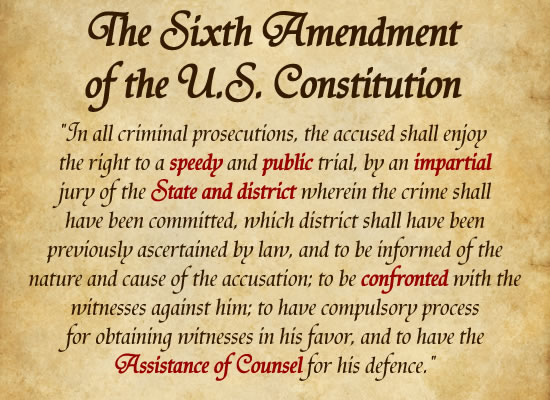
I would like to think that the accuser is the child in question and the Sixth amendment to the US Constitution states that you may face your accuser. There is no law so trivial that prosecutors and judges won't prosecute and incarcerate you to enforce it. This gives meaning to their empty lives .
No one comes close to making more money from child pornography than police officers, judges, court officials, the huge prison industrial complex, parole officers, Kid$4Ca$h and other innumerable government employees or contractors. Most states and the federal government have made it illegal to possess pictures of child pornography, but it seems OK to possess pictures of dead mutilated babies or fetuses. It's OK to possess pictures of people having sex with cattle, goats and sheep but not children. One can utilize google images to quickly find tons of images. We usually read stories in the news of someone arrested with a charge of child pornography because he (s)he had a stash (usually thousands) of pictures that offends the state. How does the state know that all these pictures constitute child pornography? They could claim that the checksums of these files match checksums of a known database of child porn images, but checksums seem unreliable to me (especially when considering the severe penalties.
What is their checklist? May I see it?
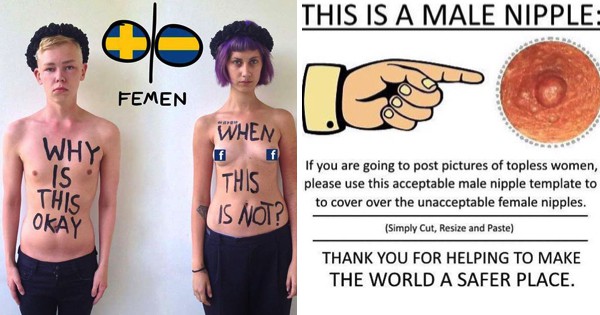

Big or small; the wood rises for them all If the article states that some of the images are abhorent, abominable, atrocious, contemptible, detestable, despicable, deeply disturbing, exploitative, henious, hedious, horrendous. horrible, horrid, horrific, inappropriate, monstrous, morally unacceptable, shocking, unconscienable, unspeakable, Blah! Blah! Blah! etc, we can conclude that someone viewed them to make that assessment. These people may be police officers or more likely, members of the Middlesex DA's office. I have to guess that the number of adjectives used by someone describing child pornography is related to the sexual stimulation they feel. I am always reminded of George Carlin's quote about gays that also applies to how people react to child pornography. It's not the gay outside they fear. It's the gay inside they fear.
The concept of
unspeakable, shocking, horrid, despicable, unconscienable
child Pornography, much like beauty, is in the eye of the beholder.
The defendant is charged with possession and viewing child pornography
but in his/her defense, so should the police and/or
Middlesex DA.
The Middlesex DA's office is the final
repository of the imagery collected in Middlesex County.
Of course, if you say that they are horrid or horrific,
then you claim to not see it as sexually stimulating child pornography.
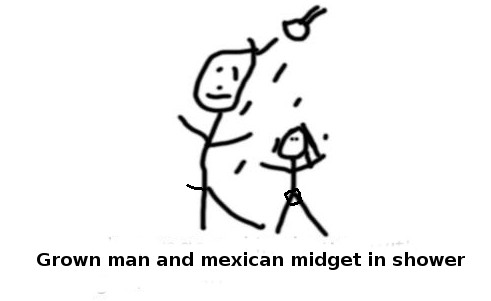
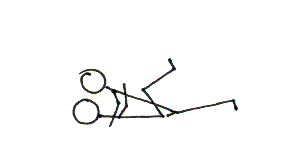

How the hell can a completely fictional account of a crime, such as having sex with someone underaged, be criminal? It boggles my fragile little mind, it really does. Of course, the concept of large invisible sky creatures also boggles my fragile little mind. One repeatedly hears from various DAs and judges that anyone merely viewing child pornography is abusing or victimizing the children all over again. This kind of statement can only come from judges is that those who view child pornography are likely to commit a crime. One can come to the conclusion that these DAs and judges are retarded and need help. One can reach the conclusion that a person window shopping at a store is more likely to steal from the store. It just frustrates me to hear these kind of statements from what we believe are well educated individuals. Apparently their legal education did not provide them with common sense or enlighten them on logic and science. It just made them more belligerent, vindictive and punitive.
It should be illegal for anyone of any religion to be in politics, law
or any position of influence.
Any district attorney who would pursue a case like that needs to be fired and never allowed to practice law, or any other profession that requires having a brain again.

I am always reminded that our legal system has had a long proud tradition
of hanging, burning and torturing
heretics
and
witches in the interest of
administering justice.
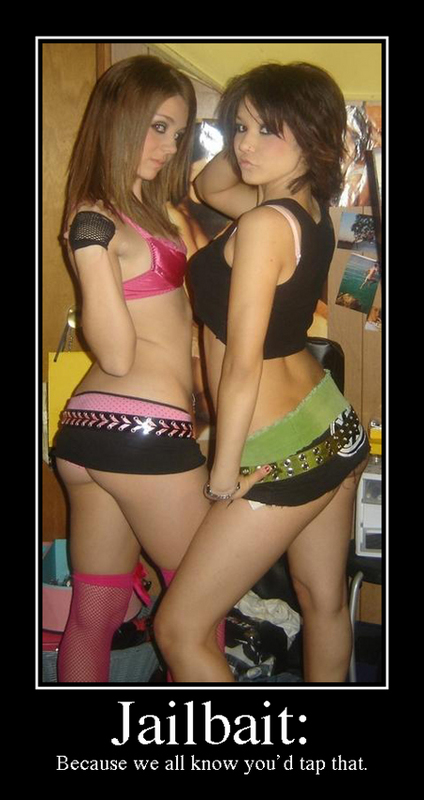
If you intentionally falsely accuse someone of a crime then the punishment for you should be the same as for the crime that you accused them of. Justice could only be done if the penalties for falsely reporting somebody for a sex crime is equal to the crime the unjustly accused individual would receive had he been convicted Bad news for you retarded Catholic judges and DAs in Massachusetts . In 2014, the Vatican raised the age of consent from 12 to 18 under pressure from western powers. You can no longer fuck 12 year olds.
One amusing aspect of this is that it is OK for children to be naked at a
beach but it is illegal for someone to possess naked pictures of children.
Assorted Massachusetts Laws on Child Pornography
Section 28 Matter harmful to minors, dissemination; possession; defenses Section 29 Dissemination or possession of obscene matter; punishment; defense Section 29A Posing or exhibiting child in state of nudity or sexual conduct; punishment
Children are "ignorant" when they don't know what we want them to know. Children are "innocent" when they don't know what we don't want them to know. Corruption of a minor is telling them something they want to know but should not know. Corruption of a minor is a case where the government wants to prevent certain knowledge from being known to a certain age group. This sounds really really stupid. Knowledge should never be illegal. It's freedom of speech and expression. Any attempt to block knowledge by a government should be a red flag in any free democratic society.
In due time, they will outlaw these pedophile jokes. People bring kids to art galleries filled with statues of topless women, but if I walk topless through an art gallery I'll be arrested for obscenity. Sure, when Aphrodite lies around naked in a clam shell she's a "goddess" but when I do it I'm "drunk" and "no longer welcome at the aquarium" "If I fuck a kid, I'm a pedophile. If a kid fucks me, I'm a pedophile." My girlfriend called me a pedophile the other day. I told her that was a pretty big word for a nine year old to use. I was out with my girlfriend the other day, people kept giving us dirty looks and making comments just cause I'm 44 and she's 19. Totally ruined our 10 year anniversary. I was having sex with my girlfriend and she insisted on role-playing as a fourteen year old. I thought this was terrible. I just looked at her and said "Slow down you'll be fourteen in a few of years" I like my women the way I like my whiskey. Twelve years old. Have you met my 9 year old neice? She's eager to go out with older men. Predatory perverted pedophile priests prey on prepubescent pupils. Pedophiles may be bad people...but at least they drive slow through the school zones When a girl buys a vibrator, its seen as a bit of naughty fun. BUT when a guy orders a 240 Volt FuckMaster Pro 5000 blowup latex girl doll with 6 speed pulsating vagina, elasticized anus with non-drip semen collection tray, together with optional built in realistic orgasm scream surround sound system, he's called a pervert? Next thing you know, we won't be able to have sex with robots that resemble children. But it's OK if the robot has a goat's head. Can we have sex with sheep or dogs ? What would be the most awkward thing to whisper in your partner's ear during sex? This is the way your sister liked it Wow...this IS different with a live person. You smell like your mother. You smell like your father. Your little brother taught me this trick. What do you think? The other day I had sex with my third cousin. She was way better than the first two. Best family reunion ever. It is so crazy to me how violent gore, people being beheaded, and all the crazy over the top even unrealistic violence does not even make people bat an eye, but show a female nipple and people lose their minds because a female nipple, as we all know, will destroy entire cultures and permanently taint children (but only if it is a lady nipple, since man nipples are fine, so we can paste man nipples over the lady nipples to make it safe for our culture I guess)

Ladies and Gentlemen, I present you the greatest profiteers from child pornography. If they match a photo in the database of known (c)hild (s)exual (a)buse (m)aterial (CSAM) maintained by the National Center for Missing & Exploited Children (NCMEC) . A non-profit organization authorized by Congress and seemingly mostly funded by the Department of Justice . Internet Crimes Against Children (ICAC) task forces A national network of 61 coordinated task forces, representing over 5,400 federal, state, and local law enforcement agencies, and they all need your tax money. DHS Homeland Security Investigations DOJ's Child Exploitation and Obscenity Section
Facebook's Law Enforcement Response Team (LERT),
|
|
For clarification: Suppose a teen commits murder. It's not unusual for
courts to try this teen as an adult. Now, I'm no lawyer but I think it's
because they assume (s)he knew what (s)he was doing. Okay, I can buy that.
However, consider statutory rape - a 30 year old hooks up with a 14 year
old. Why don't the courts say, "Well this 14 year old girl knew what she
was doing. She's not dumb. We'll view her as an adult, and hey what do
ya know, it's not illegal for adults to have sex," instead of viewing her
as a victim (or a child) who is incapable of thinking.
Child Porn Laws Used Against Kids Who Photograph Themselves In this case, the argument is that the production of child pornography is not only a crime against a person (the child), but a crime against society. The concern is that looking at a naked child will encourage people to want to go out and molest a child. (I don't necessarily agree with this viewpoint, but it's the argument that's there.) Therefore, if you produce a naked picture of a child (regardless of who that child actually is), you're encouraging pedophilia. This is the same argument used to criminalize the production of "virtual child porn". Any district attorney who would pursue a case like that needs to be fired and never allowed to practice law, or any other profession that requires having a brain again. If a sixteen year old sends a picture of himself masturbating, he can be arrested for child molestation. As the victim and perpetrator. Ladies and gentlmen, I propose this is a very advanced form of stupidity.
Child Porn Laws Used Against Kids Who Photograph Themselves By Kim Zetter, 01.15.09, 9:50 AM Privacy advocates say prosecutors are misusing child pornography laws by turning them against the very people they are meant to protect. The accusation comes following a raft of recent child pornography cases against juveniles accused of photographing themselves in the nude. This week, prosecutors in Greensburg, Pennsylvania charged six teens ranging in age from 14 to 17 with creating, distributing and possessing child pornography, after three girls were found to have taken photos of themselves in the nude or partially nude and e-mailed them to friends, including three boys who are among the defendants. The case is only one of the latest in a spate of similar prosecutions and investigations. In Florida, officials similarly charged a 16-year-old girl and her 17-year-old boyfriend with producing, directing or promoting child porn after they photographed themselves having sex. Neither of the teens shared the images with anyone else. The issue of teenagers distributing self-made pornography isn't new, but its prevalence and consequences have been exacerbated by advances in technology. Thirty years ago a teen who wanted to take nude self-portraits had to develop the film at a lab, and distribution was limited by the number of copies made from the negative. Now a camera-phone and internet connection are enough to send the image around the world in an instant, whether or not the sender intended it to reach that far. Critics say the criminal charges against minors, under laws that were meant to protect them from adults, is the wrong way to address the issue of teens exploring their sexuality. Law enforcement's reaction effectively turns victims into perpetrators, they say. "The problem is that the child porn laws were really designed for a situation where an adult abuses a minor by forcing that minor ... psychologically as well as physically ... into taking these pictures," said Mark Rasch, a former federal cybercrime prosecutor. "But when the person takes the picture herself or consents to the picture being taken, it turns the whole statute on its head." In the Pennsylvania case, a school official seized the phone of one of the boys after he was caught using it during school hours in violation of a school rule, according to local police Capt. George Seranko. The official found the picture on the phone, and after some interrogation, discovered that two other girls had also e-mailed photos of themselves in the nude to friends. That's when the school called police, who obtained search warrants to seize the phones and examine them. Police showed the images to the local district attorney, who recommended they bring charges. Seranko said the images "weren't just breasts; they showed female anatomy." Authorities argue that bringing child porn charges against teens is designed to educate them about the dangers of creating and distributing such images, which could fall into the hands of commercial pornographers, pedophiles or others who might want to harm or exploit them. But Parry Aftab, founder and director of WiredSafety, which educates kids about internet safety, says the prosecutions are desperate acts by frustrated law enforcement officials, and they don't achieve the desired effect. "Prosecutors don't know what to do, so they are reaching out in the way that prosecutors do," she said. Rasch agrees. "You take teenagers, alcohol and cell phone cameras and put them in a room together and you've got a prescription for disaster," he said. "But you shouldn't be making felons out of it." Rasch supports legislation to exempt any minor from prosecution for creating an image of himself or herself and distributing it to friends. The recipient, too, should be exempt, though Rasch sees no problem with charging a boyfriend or friend if they distribute the image further without the girl's consent. Even then, though, he thinks there's room for debate about the consequences. "If my son or daughter were doing this kind of stuff, I'd have a serious discussion with them about the consequences, but I don't know that it would help anybody to throw them in jail," he said. Rasch said teens don't realize that one unintentional consequence of self-made child porn is that it can sometimes provide authorities with evidence of other crimes. He cites the case of Genarlow Wilson in Georgia who was convicted of having consensual oral sex with a 15-year-old girl when he was 17 based on a videotape of his encounter with the girl at a party. Wilson was sentenced to 10 years in prison and required to register as a sex offender, though he was released after serving two years following an appeal to the state supreme court. There are no known cases involving federal charges against a minor for child porn: the recent cases were brought under state laws by local prosecutors, usually in juvenile court. Since juvenile cases are not part of the public record, Rasch says it's not known what kinds of sentences have resulted from such cases. But he said generally juveniles who commit crimes get convicted of delinquency, not the actual crime they commit. In the recent Pennsylvania case, Capt. Seranko said the teens are likely to get community service if convicted. "Their records won't be scarred for life," he said. Rasch points out that people who take or share nude self-portraits when they're minors could be prosecuted as adults and face harsher penalties if they're still in possession of the images when they reach the age of 18. With regard to the claim that prosecution of minors will deter other teens from engaging in the same activity, Aftab says this isn't the case, because teens don't identify with the concept of criminal charges. She points to the famous case of several teenage girls in Florida last year who were arrested for beating up another girl. "They were laughing on the way to jail and worrying about if their hair will look good on camera," said Aftab. "They didn't understand that jail is jail." In the case of teens charged with child pornography, they simply don't see a difference between posting provocative pictures on MySpace and sending nude photos to friends. "These kids are now seeing stuff on MySpace and other places online where other kids are posing in sexual poses in the nude performing real or mock sex, and to them it's just their 15 megabytes of fame. They think it's the norm," she said. Aftab says the solution is counseling and education. The former should enlist mental health experts, and the latter should involve teen educators, since teens don't listen to adults when it comes to regulating their behavior. She also said teens who engage in this kind of activity should be punished with a consequence that really matters - having their cell phone taken away or losing internet or other privileges. "That's real," Aftab said. "It's quantifiable and it's within their reach."
A little kid can be naked in public but not in pictures online but adults can't be naked in public but can be in pictures online.
Consequences of Sexting Should Not Be Ignored Linda Jane Chalat Pro This time of year, most middle school and high school students are facing the challenges of re-entering the social fabric of school life. While many students do so with only the occasional bout of angst, some succumb to peer pressure and make poor decisions which may have lasting consequences. One particularly concerning behavior is that of "sexting" - the sharing of nude photos, usually by cellphone. But "sexting" may also be sent on any media-sharing device or technology - including email and the Web. For many youngsters, the practice is a private act with no serious ramifications, but teens need to understand that there may be serious legal and psychological consequences. Common scenarios are students responding to pressure in the form of cyber bullying or coaxing from a boyfriend or girlfriend. Sometimes it is simply impulsive behavior, flirting, or even blackmail. Research conducted by The National Campaign to Prevent Teen and Unplanned Pregnancy last year revealed that 20 per cent of teens in the United States admit that they have sent or posted online lewd photos or video of themselves. According to the national study, most teenagers were sending the explicit messages to friends. There have been reports of students losing jobs or college scholarships as a result of being identified in sexually-suggestive pictures that have appeared on the internet. But even more disturbing is the threat of criminal prosecution. Laws vary from state to state, each jurisdiction enforces the law differently, and the applicable laws were written before sexting was even possible. With sexting, the same minor can be both perpetrator and victim when producing and sending photos of him or herself - a situation which leads to wide differences in prosecution. The message to youngsters should be a clear one: do not take or send nude or sexually suggestive photos of yourself or anyone else. If you do, even if the photos are of you or you pass along a photo taken by someone else, you could be charged with producing or distributing child pornography. If you keep the photos on your phone or computer, you could be charged with possession. If they go to someone in another state, a very easy step with internet access, it is a federal felony. And the threat is not an idle one. Two Florida teenagers were prosecuted for taking sexually explicit photos of themselves and "distributing" them in violation of child-pornography laws. And earlier this year, a Florida state appeals court ruled 2-1 to uphold their conviction. The two took more than 100 digital photos of themselves naked and engaged in unspecified 'sexual behavior.' The female was 16 and the male 17 at the time of the photography sessions. The two sent the photos from a computer at her house to his personal email address. Neither teen showed the photographs to anyone else. Yet they were both charged with "producing, directing or promoting" child pornography, and he was charged with an extra count of possession of child pornography. The case establishes that in Florida it is legal for two minors to have sex, but "they're criminals if they document it." Criminals, and yet - as the appeals court itself wrote - "children ... not mature enough to make rational decisions concerning all the possible negative implications of producing these videos." The appeals court reasoned that Florida law requires the state to prevent the production and distribution of photos like these as a form of child exploitation, regardless of whether their producers were minors or adults. Last year, six high-school students in Pennsylvania were arrested on child pornography charges. Three were girls who allegedly took pictures of themselves, were charged with manufacturing, disseminating or possessing child pornography. The other three were boys from the same school who were found with the explicit photos on their mobile phones by police, and were charged with possession of child pornography. However, the American Civil Liberties Union brought suit in federal court against the Pennsylvania district attorney who threatened to charge the three girls, and the 3rd Circuit Court of Appeals said the prosecutor could not charge the girls merely for appearing in a photograph without evidence that they had engaged in distributing it. In 2008, an Ohio cheer leading coach, age 19, was convicted of indecency charges after taking a topless photo of herself and a 15-year-old girl. And in Texas, a 13-year-old boy was arrested on child pornography charges after receiving a nude photo of a fellow student on his mobile phone. In 2007 girls at Castle Rock Middle School in Colorado took naked pictures of themselves on their cellphones and then sent them to their boyfriends. The boys then forwarded the pictures to their friends. Dozens of students at the school, which includes seventh and eighth grades, receive d the photos. The Internet Crimes Against Children team of Castle Rock police investigated the incident, but no charges were reported. Cases have also been prosecuted in Connecticut and Virginia in 2005 and in India and New York in 2004. What can parents do? Talk to your child before a problem develops. Emphasize that the internet is not a private place for four concrete reasons:
If your children have sent any nude pictures of themselves, stop the conduct immediately. Explain that they are at risk of being charged with producing and distributing child pornography. If they have received a nude photo, make sure they do not send it to anyone else. Some experts advise that "sexting" should be reported to your local police, but consider that, while intending to protect your child, you could incriminate another, and possibly your own child. A better approach may be to talk to a lawyer after discussing the matter first with the youngsters and other parents. If malice or criminal intent is involved, you may wish to seek legal advice as to whether criminal charges are likely, and how best to proceed when contacting the police or other authorities in your jurisdiction. |
|
Section 28: Matter harmful to minors, dissemination; possession; defenses
Section 28. Whoever purposefully disseminates to a person he knows or believes to be a minor any matter harmful to minors, as defined in section 31, knowing it to be harmful to minors, or has in his possession any such matter with the intent to disseminate the same to a person he knows or believes to be a minor, shall be punished by imprisonment in the state prison for not more than 5 years or in a jail or house of correction for not more than 21/2 years, or by a fine of not less than $1000 nor more than $10,000 for the first offense, not less than $5000 nor more than $20,000 for the second offense, or not less than $10,000 nor more than $30,000 for a third or subsequent offenses, or by both such fine and imprisonment. A person who disseminates an electronic communication or possesses an electronic communication with the intent to disseminate it shall not be found to have violated this section unless he specifically intends to direct the communication to a person he knows or believes to be a minor. A prosecution commenced under this section shall not be continued without a finding or placed on file. It shall be a defense in a prosecution under this section that the defendant was in a parental or guardianship relationship with the minor. It shall also be a defense in a prosecution under this section if the evidence proves that the defendant was a bona fide school, museum or library, or was acting in the course of his employment as an employee of such organization or of a retail outlet affiliated with and serving the educational purpose of such organization. Section 31: Definitions Section 31. As used in sections twenty-eight, twenty-eight C, twenty-eight D, twenty-eight E, twenty-nine, twenty-nine A, twenty-nine B, thirty and thirty D, the following words shall, unless the context requires otherwise, have the following meanings: -- "Disseminate", to import, publish, produce, print, manufacture, distribute, sell, lease, exhibit or display. Harmful to minors", matter is harmful to minors if it is obscene or, if taken as a whole, it
"Knowing", a general awareness of the character of the matter. "Lascivious intent", a state of mind in which the sexual gratification or arousal of any person is an objective. For the purposes of prosecution under this chapter, proof of lascivious intent may include, but shall not be limited to, the following:
"Minor", a person under eighteen years of age. "Nudity", uncovered or less than opaquely covered human genitals, pubic areas, the human female breast below a point immediately above the top of the areola, or the covered male genitals in a discernibly turgid state. For purposes of this definition, a female breast is considered uncovered if the nipple or areola only are covered. "Matter", any handwritten or printed material, visual representation, live performance or sound recording including, but not limited to, books, magazines, motion picture films, pamphlets, phonographic records, pictures, photographs, figures, statues, plays, dances, or any electronic communication including, but not limited to, electronic mail, instant messages, text messages, and any other communication created by means of use of the Internet or wireless network, whether by computer, telephone, or any other device or by any transfer of signs, signals, writing, images, sounds, data, or intelligence of any nature transmitted in whole or in part by a wire, radio, electromagnetic, photo-electronic or photo-optical system. "Performance", any play, dance, exhibit, or such similar activity performed before one or more persons. "Obscene", matter is obscene if taken as a whole it
"Sexual conduct", human masturbation, sexual intercourse, actual or simulated, normal or perverted, any lewd exhibitions of the genitals, flagellation or torture in the context of a sexual relationship, any lewd touching of the genitals, pubic areas, or buttocks of the human male or female, or the breasts of the female, whether alone or between members of the same or opposite sex or between humans and animals, and any depiction or representation of excretory functions in the context of a sexual relationship. Sexual intercourse is simulated when it depicts explicit sexual intercourse which gives the appearance of the consummation of sexual intercourse, normal or perverted. "Sexual excitement", the condition of human male or female genitals or the breasts of the female while in a state of sexual stimulation or the sensual experiences of humans engaging in or witnessing sexual conduct or nudity. "Visual material", any motion picture film, picture, photograph, videotape, book, magazine, pamphlet that contains pictures, photographs or similar visual representations or reproductions, or depiction by computer, telephone or any other device capable of electronic data storage or transmission. Undeveloped photographs, pictures, motion picture films, videotapes and similar visual representations or reproductions may be visual materials notwithstanding that processing, development or similar acts may be required to make the contents thereof apparent. |
Send comments to:
 hjw2001@gmail.com
hjw2001@gmail.com
|








